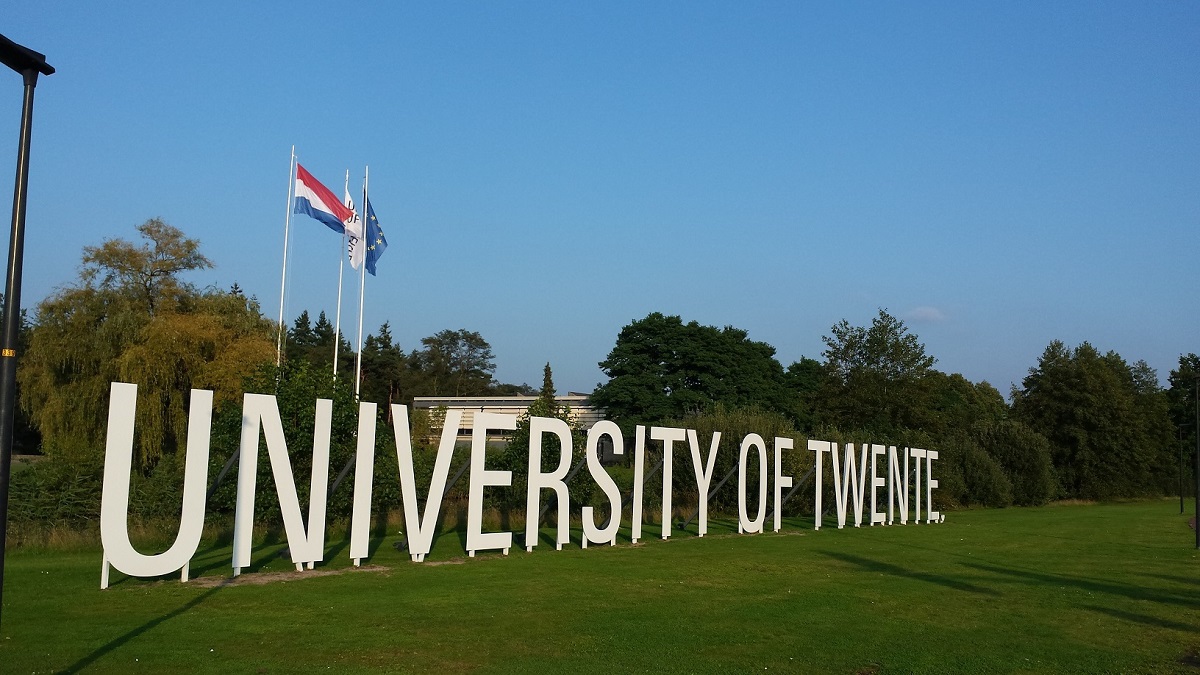For many medical and industrial applications, there is a need for versatile microfluidic sensing systems that are able to extract more information from fluid mixtures than currently possible. By using microfabrication technologies, multiple sensors – e.g. for flow rate, pressure and density – can be integrated into a single chip. To calculate e.g. the viscosity from the flow rate and pressure, conventional data processing methods involve filtering the raw sensor signals, and calibration of the individual sensors and physical models. These methods are time-consuming, not always applicable, and leave potentially relevant information undiscovered. Therefore, it is now a necessity to explore recent work in symbolic Artificial Intelligence (AI) to overcome these limitations and allow for real-time fluid data processing by using a combination of deep neural networks and physics in flow sensing.
The goal of this project is the realization of a demonstrator system containing multiple sensing structures together with a trained neural network, which outperforms the state-of-the-art multiparameter systems for real-time quality control of products made in chemical or pharmaceutical microreactors, or in the food industry.
The Pervasive Systems research group at the University of Twente is looking for a PhD candidate to perform research and development on a multidisciplinary project involving deep symbolic AI and microfabricated fluidic sensors.
The main research activities are:
- Conduct research in deep symbolic AI for microfabricated fluidic sensors, including but not limited to designing and implementing lightweight but accurate algorithms and models, conducting experiments, analyzing data, and interpreting results.
- Collaborate with the team to develop and optimize microfabrication processes for the sensors.
- Develop and test new sensor designs and configurations, and evaluate their performance.
- Write technical reports and research papers for publication in top-tier journals and conferences (Percom, Ubicomp, IJCAI, AAAI, NIPS, ICML).
The candidate is expected to collaborate with project partners including the Integrated Devices and Systems (IDS) group, Faculty of Electrical Engineering, Mathematics and Computer Science (EEMCS), at the University of Twente in the Netherlands.
YOUR PROFILE
- The PhD position is a fully funded position which has a focus on scientific research in a multi-disciplinary context.
- The ideal candidate has a Master’s degree in either Computer Science, Electronic Engineering, Telecommunication Engineering, or Mathematics.
- You have experience in relevant areas such as signal processing, symbolic reasoning, embedded systems, data analysis, machine learning and deep learning.
- Candidates should be interested in solving analytical tasks and developing prototypes, combined with intermediate programming skills (e.g. in R, Python or C-something)
- Prior experience in generative models, neuro-symbolic AI, causal learning, and efficient deep learning for embedded devices is a plus (with frameworks such as TensorFlow and Keras).
- Moreover, we are looking for a strong personality to defend your research ideas not only at conferences or in academic settings but also in an industrial context.
- You have good communication skills and you have a strong interest in operating at the crossroads of different disciplines
OUR OFFER
- As a PhD student at UT, you will be appointed to a full-time position for four years, with a qualifier in the first year, within a very stimulating and exciting scientific environment;
- The University offers a dynamic ecosystem with enthusiastic colleagues;
- Your salary and associated conditions are in accordance with the collective labour agreement for Dutch universities (CAO-NU);
- You will receive a gross monthly salary ranging from € 2.770,- (first year) to € 3.539,- (fourth year);
- There are excellent benefits including a holiday allowance of 8% of the gross annual salary, an end-of-year bonus of 8.3%, and a solid pension scheme;
- A minimum of 232 leave hours in case of full-time employment based on a formal workweek of 38 hours. A full-time employment in practice means 40 hours a week, therefore resulting in 96 extra leave hours on an annual basis.
- Free access to sports facilities on campus
- A family-friendly institution that offers parental leave (both paid and unpaid);
- You will have a training programme as part of the Twente Graduate School where you and your supervisors will determine a plan for a suitable education and supervision;
- We encourage a high degree of responsibility and independence while collaborating with close colleagues, researchers and other staff.
INFORMATION AND APPLICATION
Are you interested in this position? Please send your application via the ‘Apply now’ button below before 21 October 2023, and include:
- A cover letter (maximum 1 page A4), emphasizing your specific interest, qualifications, motivations to apply for this position.
- A Curriculum Vitae, including a list of all courses attended and grades obtained, and, if applicable, a list of publications and references.
For more information regarding this position, you are welcome to contact Dr. Le Viet Duc (v.d.le@utwente.nl)
Interviews are scheduled on the 20th of November.
